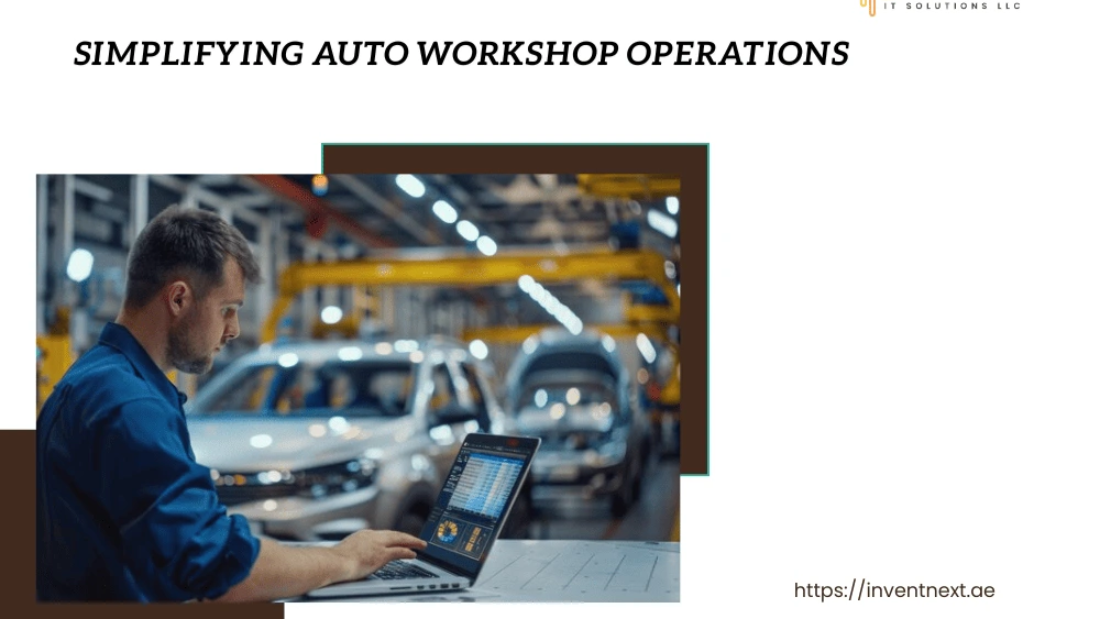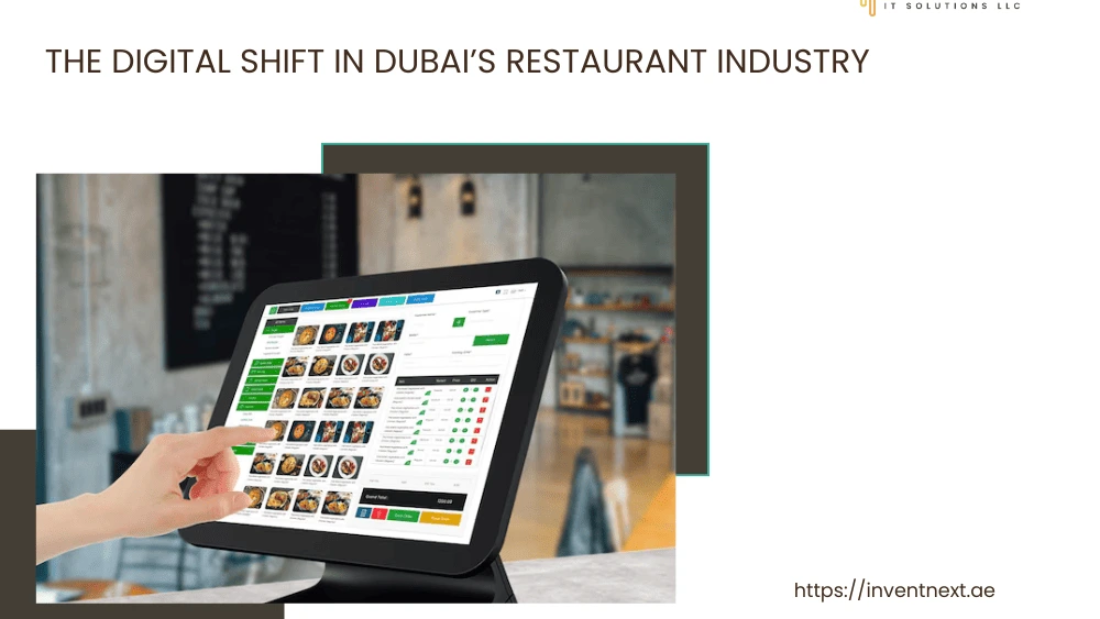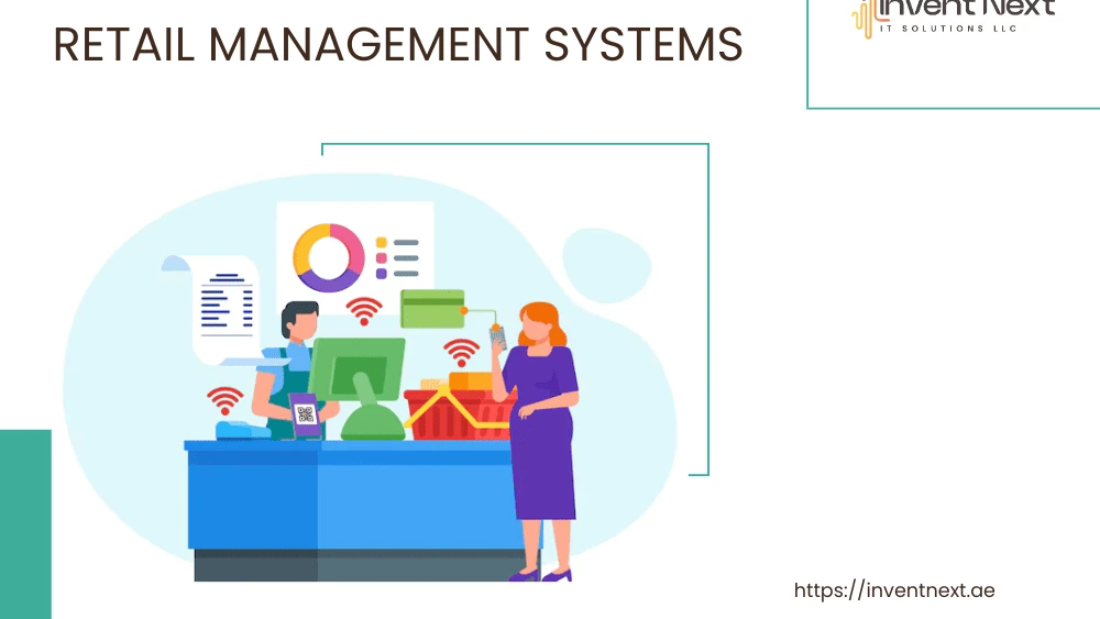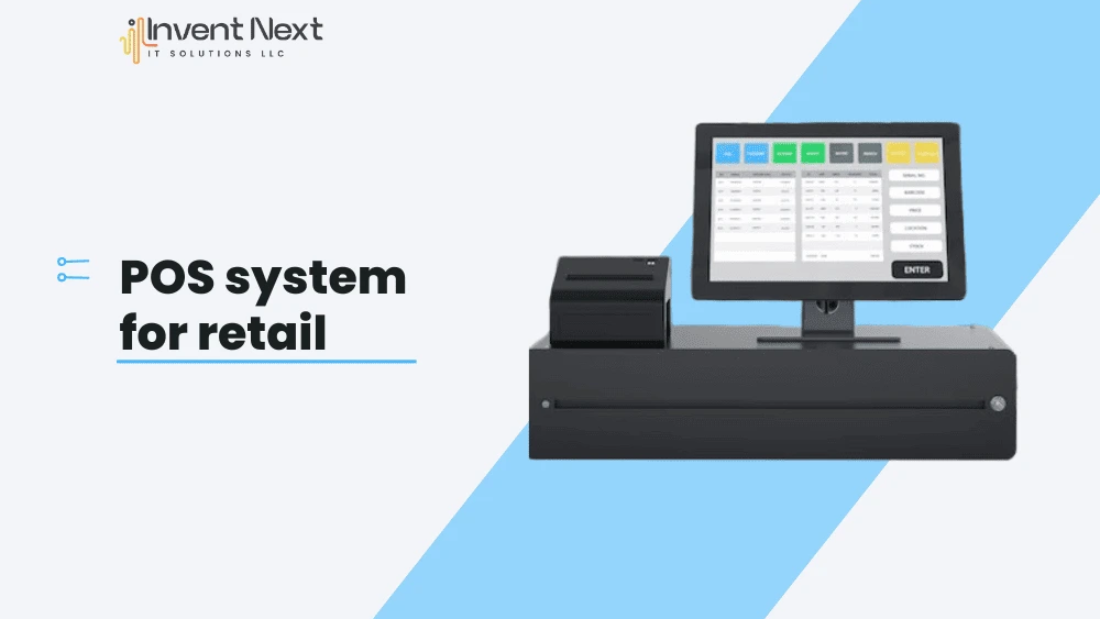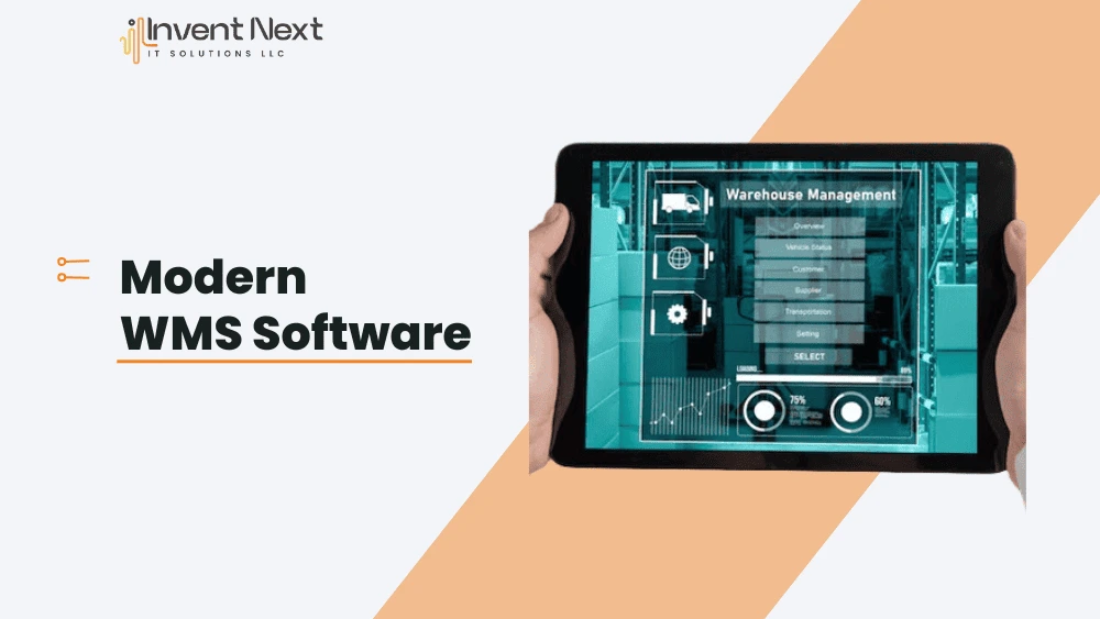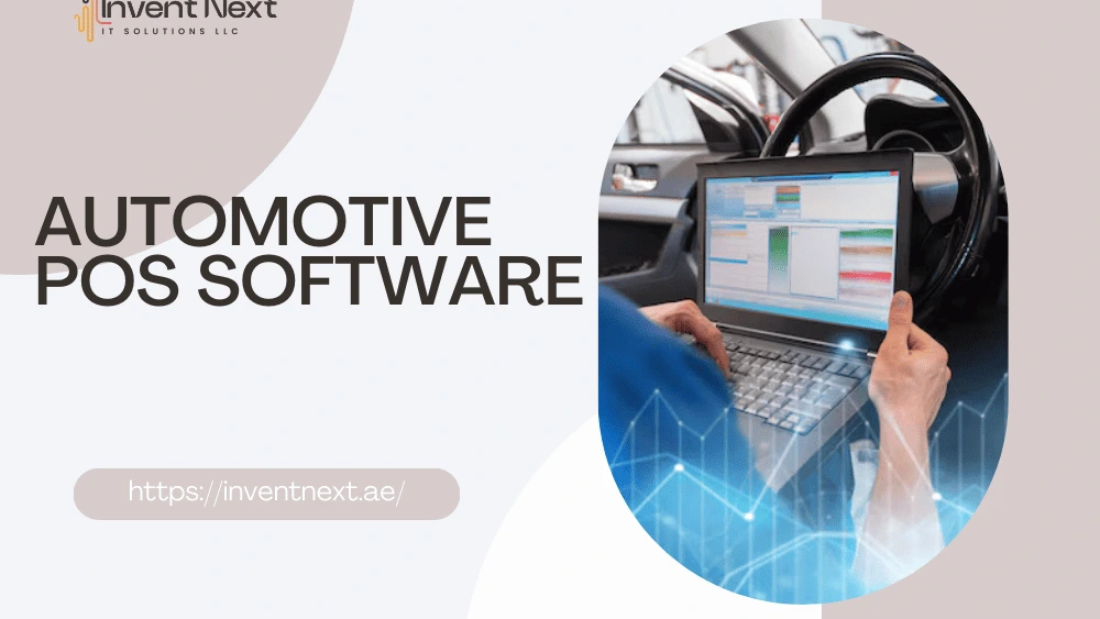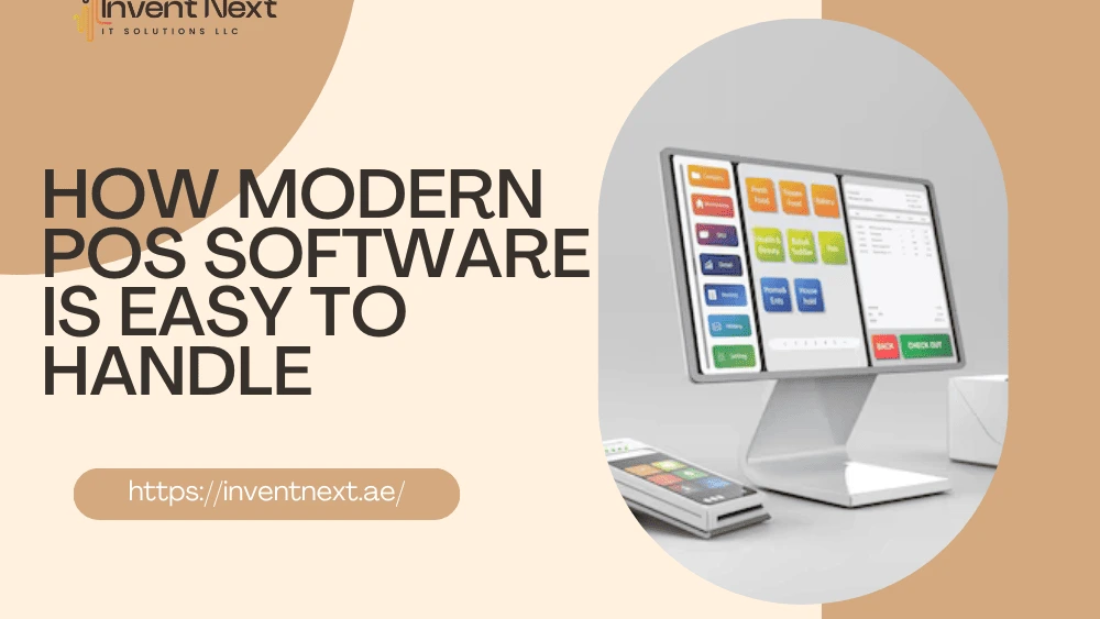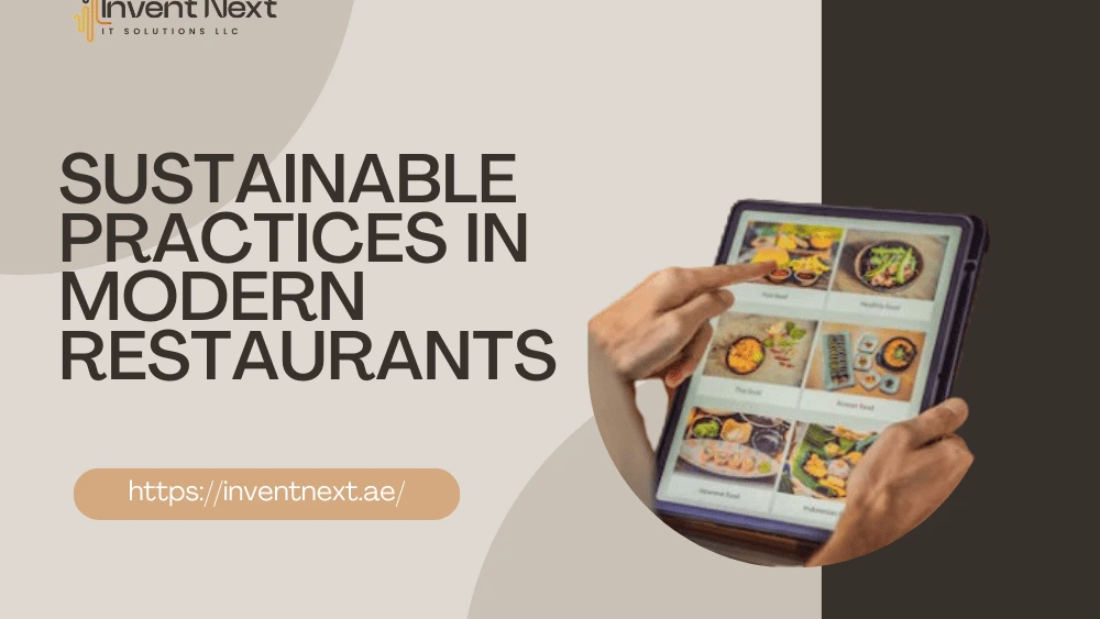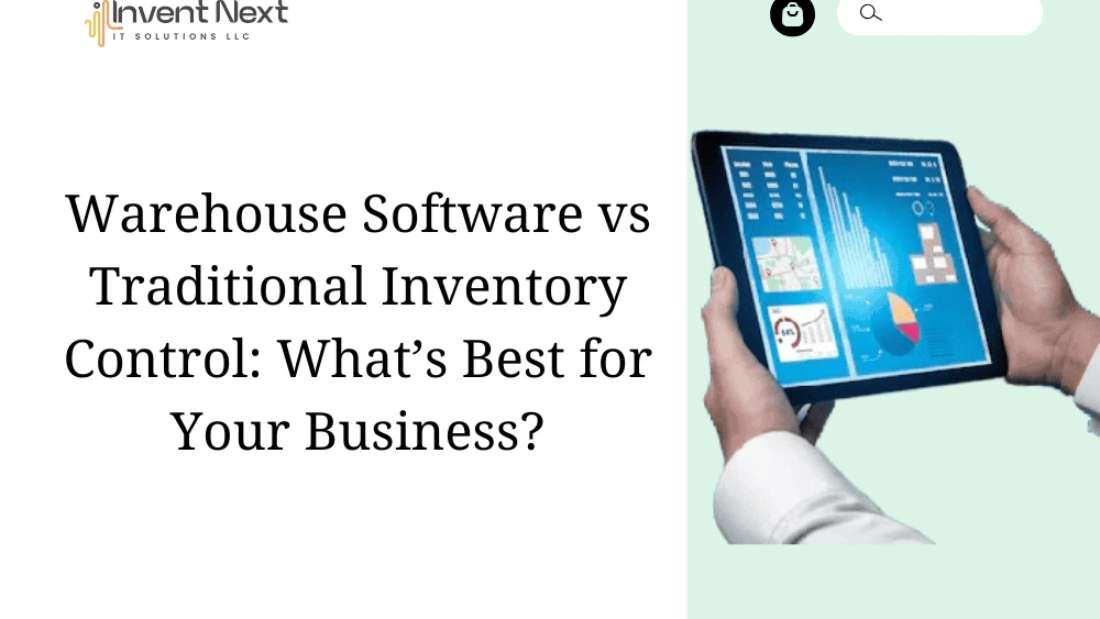Smart Garage Tools: Simplifying Auto Workshop Operations
Smart garage tools are transforming how auto workshops operate by automating daily tasks like appointment booking, billing, inventory tracking, and customer communication. These digital solutions help garages reduce errors, speed up service, and improve customer satisfaction. In a competitive market like Dubai, using reliable garage management tools gives workshops a clear edge, saving time, increasing profits, and boosting efficiency from the ground up.
Running a successful auto garage today isn’t just about fixing cars—it’s about delivering fast, organized, and reliable service. With increasing customer expectations and growing competition, repair shops in Dubai are turning to digital tools to run their business more efficiently. From booking appointments to managing inventory and billing, smart systems are making a real difference.
In this article, we’ll explore how garages can benefit from using modern tools like auto garage software in Dubai and why adopting this technology is a smart move for long-term success.
1. Organized Scheduling = Fewer Delays
One of the biggest daily challenges for a garage is managing customer appointments. Missed bookings, overlaps, and long wait times can lead to customer dissatisfaction. Smart software allows you to accept and organize bookings online, assign jobs automatically, and keep the entire schedule visible to your team.
This means fewer mistakes, better time management, and more cars serviced on time. For busy garages, this system helps you make the most of every working hour.
2. Job Cards That Keep Everyone on Track
Forget paper notes and whiteboards. With smart tools, every vehicle gets a digital job card. This card includes everything your team needs—vehicle details, work to be done, parts needed, and service history. Technicians stay updated in real-time, and you can easily check the status of any job at a glance.
Customers also benefit because they receive accurate updates and know what’s happening with their car, building trust in your service.
3. Smarter Stock Control
Running out of parts—or having too many—costs time and money. A modern garage system tracks your inventory in real time. Every time a part is used or restocked, the software updates automatically. You’ll know what’s available, what’s low, and when to reorder.
Garages using auto garage software in Dubai avoid delays caused by missing parts and reduce wastage caused by over-ordering. It’s a simple way to protect your budget and deliver faster service.
4. Faster, Error-Free Billing
Billing should be quick, clear, and correct. With digital tools, your invoices are generated instantly, with accurate pricing, taxes, and discounts. The customer can pay using their preferred method—card, cash, or online—and even get the invoice via email or SMS.
This creates a smooth payment experience while helping your team save time and avoid errors. You also stay VAT-compliant, which is a must in the UAE.
5. Stronger Customer Connections
A repeat customer is more valuable than a one-time visitor. That’s why modern software often includes customer profiles, service records, and reminder tools. Want to send a reminder for the next oil change? Or a thank-you message after a service? It’s easy and automatic.
By using this feature, your garage shows customers that you care, which encourages loyalty and boosts your reputation.
6. Reports That Help You Grow
Good business decisions come from good data. The right garage system gives you clear, easy-to-read reports on sales, services, staff productivity, and more. Instead of guessing, you’ll know what’s working and what needs attention.
Want to see which services are most profitable? Or which days are busiest? The software provides real-time answers, helping you plan better and grow faster.
Why It Matters in Dubai’s Auto Industry
Dubai’s car market is fast-paced and competitive. Customers want quick service, fair pricing, and modern convenience. Garages that use smart systems meet these expectations with ease. That’s why more businesses are investing in reliable garage software in Dubai—to stay efficient, organized, and ready for the future.
Conclusion
Technology is changing how garages work, and the shift is for the better. From smoother booking to smarter inventory and faster billing, digital tools are helping Dubai’s repair shops deliver better service every day.
If you run a garage and want to reduce stress, boost performance, and impress your customers, now’s the time to upgrade. A good system doesn’t just support your work—it helps your business grow.

